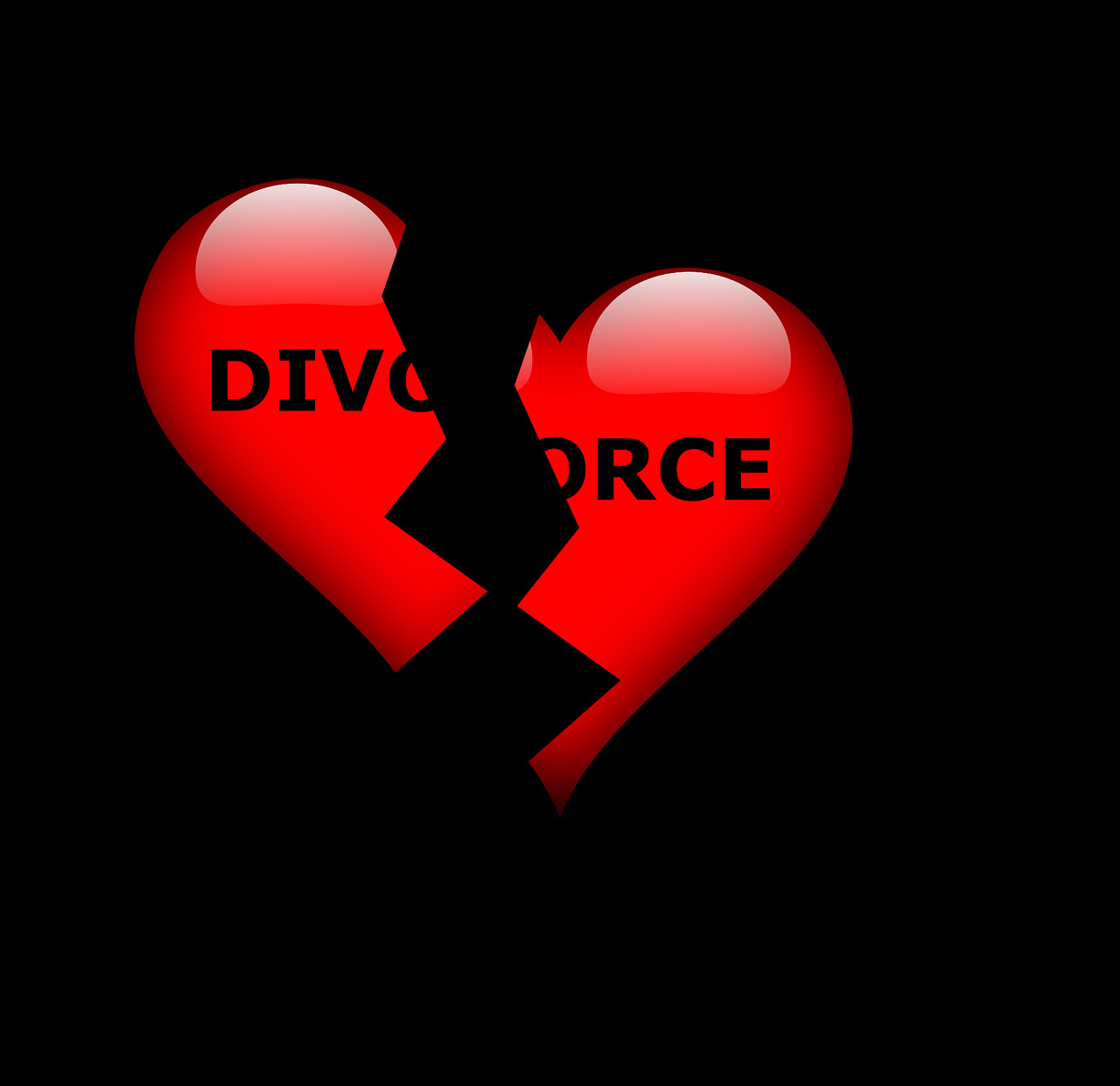Category: Uncontested Divorce
Updating Legal Documents Post-Uncontested Divorce (Wills, Powers of Attorney, etc.)

Why Updating Legal Documents Is Critical Post-Uncontested Divorce
Preventing Former Spouses from Retaining Unintended Authority or Benefits
Under Ontario law, certain provisions in your will that name your former spouse as an executor or beneficiary may be automatically revoked upon divorce. However, this automatic change does not apply to other legal documents, such as Powers of Attorney for Personal Care or Continuing Powers of Attorney for Property. If your ex-spouse remains named in these documents, they could still make decisions about your finances, health care, or personal matters if you become unable to do so. By formally updating these documents, you ensure that only trusted individuals you currently choose have this authority.
Residency Requirements for Filing an Uncontested Divorce in Ontario

The Legal Residency Requirement in Ontario
The Six-Month Residency Rule under the Federal Divorce Act
To file for divorce in Ontario, at least one spouse must have been ordinarily resident in the province for a minimum of six consecutive months immediately before starting the divorce application. “Ordinarily resident” means that Ontario is where you have your regular home, even if you occasionally travel for work or personal reasons.
This rule applies to all divorces in Canada, including uncontested divorces. It is not based on where you were married, but rather where you currently live. For example, if you were married in another country but have lived in Ontario for more than six months, you can still file here.
The Importance of Legal Representation in Uncontested Divorces

Ensuring Proper Documentation and Filing
The Importance of Legal Representation in Uncontested Divorces in Ontario
An uncontested divorce may seem like a straightforward process, but having legal representation is crucial to ensuring that all procedures are followed correctly. While uncontested divorces generally proceed without disputes over property, child custody, or spousal support, legal guidance can help streamline the process and avoid costly errors. One of the most critical aspects of an uncontested divorce is ensuring that all documentation is properly prepared and filed. In Ontario, this involves forms such as Form 8A (Application for Divorce) and Form 36 (Affidavit for Divorce), among others.
Post-Divorce Checklist in Ontario

Obtain Your Divorce Certificate
A Certificate of Divorce is an official court document that serves as legal proof that your divorce has been finalized. While the divorce judgment confirms the court’s approval of your divorce, the certificate is a separate document often required for various legal and administrative purposes.
This document is particularly important if you plan to:
- Remarry: In Ontario and across Canada, you cannot remarry without presenting your Certificate of Divorce to prove the dissolution of your previous marriage.
- Resolve financial or legal matters: Certain institutions, such as banks, may require this certificate to process updates related to joint accounts, loans, or property ownership.
Cultural Considerations in Uncontested Divorces in Ontario

Religious and Cultural Influence on Divorce
Divorce, while a legal process, is often influenced by deeply ingrained cultural and religious beliefs. In Ontario, a culturally diverse society, uncontested divorces can be shaped by various religious doctrines and traditions. Understanding these influences is crucial for individuals navigating the legal system.
Impact of Religious Beliefs on Divorce Decisions
In many communities, religious beliefs play a significant role in shaping attitudes towards divorce. For example, faith-based traditions in Islam, Hinduism, and Catholicism may stress the sanctity of marriage and discourage divorce unless it is seen as an absolute last resort. This can impact how couples approach the divorce process, potentially prolonging discussions or encouraging alternative resolutions like counseling before agreeing to uncontested terms.
Strategies for Co-Parenting After an Uncontested Divorce

Understanding Co-Parenting After an Uncontested Divorce
An uncontested divorce occurs when both parties agree on all major issues, including asset division, child custody, and support arrangements, without the need for a trial. In Ontario, this type of divorce is often quicker, less expensive, and less adversarial than contested divorces. Because uncontested divorces involve less conflict, they create a more conducive environment for successful co-parenting.
The cooperative nature of an uncontested divorce sets a positive foundation for co-parenting. Since both parties have already agreed on key issues, they are more likely to continue working together to make decisions in the best interest of their children. The reduced emotional and financial strain from an uncontested divorce allows both parents to focus more on their children’s needs rather than lingering animosity.
Common Mistakes to Avoid in an Uncontested Divorce in Ontario

Failing to Understand the Uncontested Divorce Process
What an Uncontested Divorce Entails
An uncontested divorce in Ontario is one where both parties agree on all major issues, including property division, child custody, and support arrangements. This agreement is formalized in a separation agreement, which outlines the terms of the divorce and is submitted to the court for approval. The primary advantage of an uncontested divorce is its efficiency—since there are no disputes to resolve in court, the process can be faster and less costly.
Cost Analysis of an Uncontested Divorce in Toronto

Understanding the Costs of Uncontested Divorce
Navigating the process of an uncontested divorce in Toronto, or anywhere in Ontario, involves a clear understanding of various costs associated with it. An uncontested divorce is one where both parties agree on all terms of the divorce, including division of property, debts, custody of children, and support payments.
Court Fees
The court fees for filing an uncontested divorce in Ontario are standardized and apply across the province, including Toronto. These fees are divided into two main stages: filing the initial application and then, later on, filing for the divorce order itself. Here’s a detailed breakdown:
Complete Guide to Uncontested Divorce in Toronto

Filing an Uncontested Divorce in Toronto
When facing the end of a marriage, understanding the process of filing for an uncontested divorce in Toronto can help alleviate some of the stress and uncertainty that accompanies this difficult time. An uncontested divorce is where both parties agree on all the major issues, including division of property, debts, and, if applicable, spousal support, child support, and custody arrangements.
Initial Steps
Understanding Uncontested Divorce:
Uncontested Divorce in Toronto: A Simpler Path to Separation

Understanding Uncontested Divorce in Toronto
Navigating the complexities of divorce can be a daunting task for many couples. However, for those seeking a more amicable resolution in Toronto, an uncontested divorce presents a simpler and less contentious path to separation. Understanding the nuances of this process can significantly ease the emotional and financial burdens typically associated with divorce proceedings.
Understanding Uncontested Divorce in Toronto
Definition and Distinction
